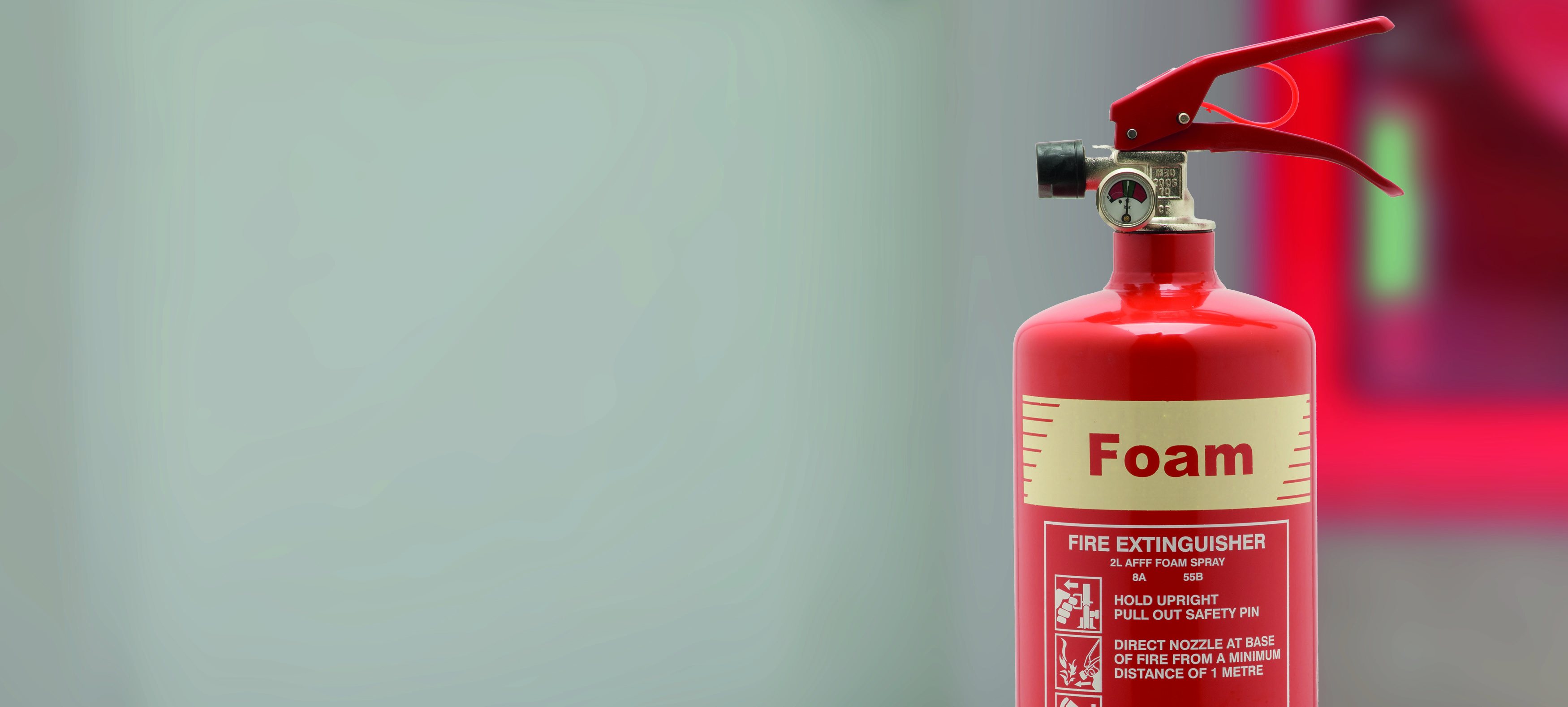As a certain Mr Branson once said ‘Take care of your employees, and they’ll take care of your business’. Far from being simply solid business growth advice, his words also speak of the importance of employee welfare for any company. Employers have a duty of care to protect and provide for their employees and if this is breached, the effects could be detrimental to both parties involved.
By law, welfare facilities are necessary for the well-being of employees. A business must provide basic requirements such as sanitary conveniences, drinking water and a place to rest and eat meals in order for a place of work to be a safe one. However, there are additional environmental necessities that may be overlooked by an employer which don’t include a pool table or employee discounts!
A recent court case, which followed the fatality of a lone security guard, revealed the worst possible outcome when employers fail to provide suitable working environments.
Javaid Iqbal, a 29-year-old father of three, was working for a London based Security Services on a construction site in Leigh, Wigan, when tragedy took place. The site’s generator failed during the sub-zero temperatures of the night and, in an attempt to keep himself warm, Mr Iqbal lit some barbecue coals in a wheelbarrow before placing them in the 20-foot steel container office. When police showed up only a couple of hours later, Mr Iqbal was found dead at the scene, having suffered from Carbon Monoxide poisoning. The incident bore resemblance to one reported in our recent BBQ safety blog.
Although the physical act of igniting the coals was executed by Mr Iqbal, a number of failings by his employers clearly showed that, had he been provided with the correct working conditions, he would not have had to resort to such dangerous measures. HSE Principal Inspector, Neil Jamieson, pointed out that as a lone worker Mr Iqbal should have been required to ring and directly speak to his company every hour, or alternatively, have access to a panic button. He went on to emphasise how this death could have been so easily avoided had either of his employers made adequate arrangements to regularly check on Mr Iqbal’s welfare during the quiet hours, rather than have him fend for himself. During the court case this August, both companies pleaded guilty of failing to meet the Health and Safety at Work Act 1974 and have been fined just over £8,000 each with court costs adding up to a hefty £12,000.
Environmental factors
As an employer, do you recognise the basic environmental risk factors and how to comply with legal requirements? Or as an employee, are you aware of what you should be provided with? Whilst the above case is an extremity, environmental factors should be at the forefront of employee welfare. We take a look at the key aspects within the Workplace Health Safety and Welfare Regulations 1992, relating to a common place of work:
Ventilation – Whether it’s natural or artificial, a place of work must be able to supply a fresh source of clean air. Plants are a good source of oxygen distribution and not only is fresh air a necessity for health but it also improves brain stimulation – double the benefits!
Temperature – The temperature in a workplace should remain at a suitable and constant level. Basic warming and cooling equipment should be easily accessible for staff to use.
Space – A work area should be free from obstructions, with enough space to move around and stretch. Display Screen Equipment assessments should be completed to ensure that your positioning is both safe and practical; poor ergonomics could lead to staff experiencing muscle strains, poor posture and even skeletal disorders.
Lighting – For many office workers, an excessive level of lighting could be a source of headaches, whilst low lighting can generate fatigue. A balance is difficult to achieve but lighting should be sufficient to enable people to work, use facilities and move from place to place safely without experiencing eye-strain.
Noise – Intrusive noise is likely to come from equipment or external sources in the work environment, for example in plant rooms. Consideration should be taken by employers to ensure that equipment can be moved around to suit the needs of staff. This additional flexibility can also help to reduce the chance of short-term and permanent hearing damage.
Finally, speak out! As an employee, if you feel that your basic working conditions are unacceptable and your welfare is not being looked after, bring it to someone’s attention and make sure it gets resolved. It is your legal right to be equipped with a safe working environment. Start with the basics and then move on to wangling free lunches and in-house yoga classes.
Additionally, if you’re an employer and feel you need to amend your businesses’ environment, why not look into a Shieldyourself policy? We can create a bespoke Health and Safety Management System designed specifically to tackle those tricky aspects of keeping people safe in your workplace, allowing you to avoid financial implications and maintain your sterling reputation.
The information contained in this blog article has been created for marketing purposes and is not official guidance and should not be used as a substitute for official food safety, health and safety or fire safety advice. Shieldyourself take no responsibility if the information in the blog article is used to form part of a safety management system or used to form part of any legal or regulatory compliance for your business. For official guidance and to engage with Shieldyourself services please do call our team on 020 3740 3744 or email sales@shieldyourself.co.uk.



